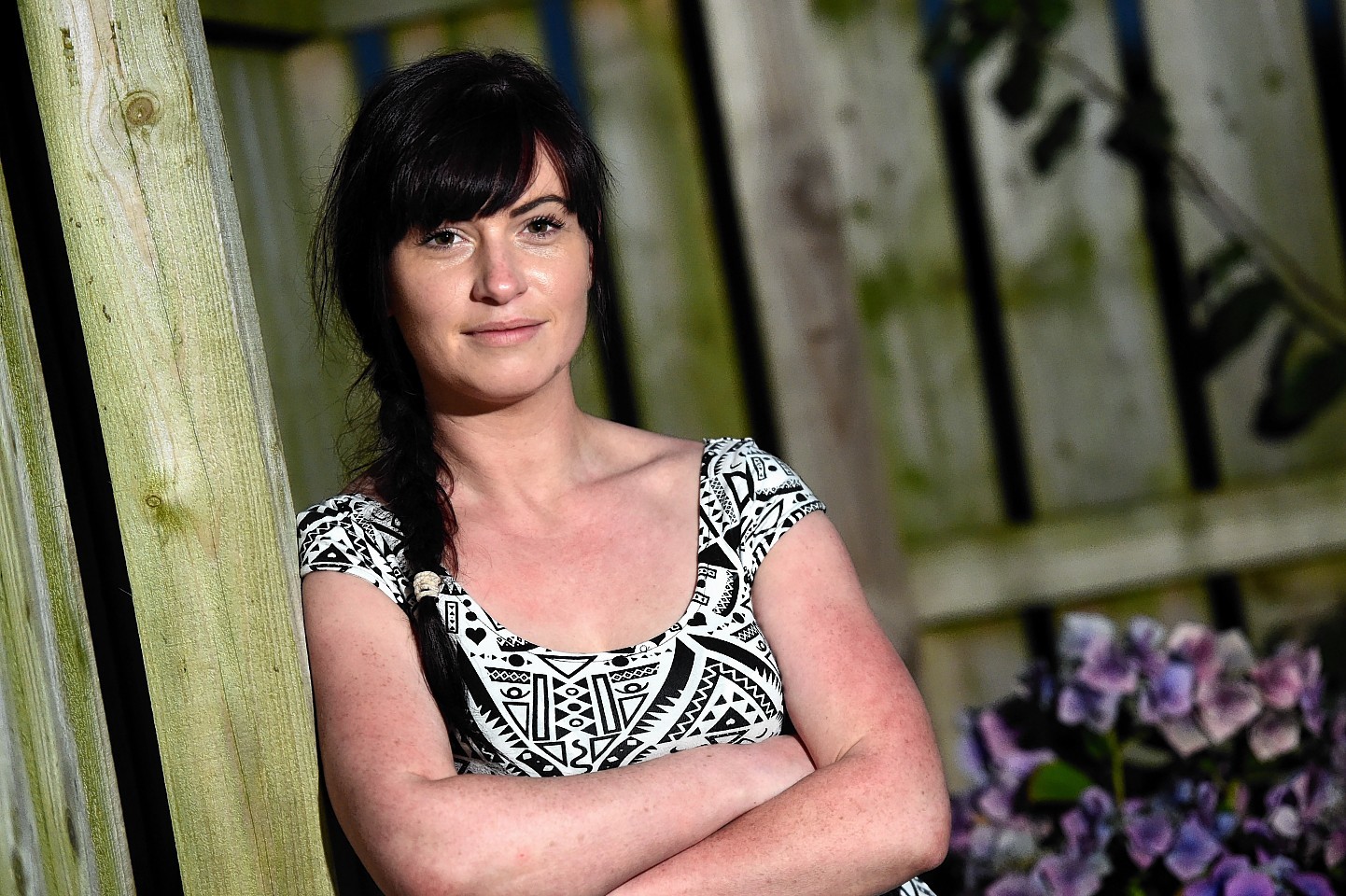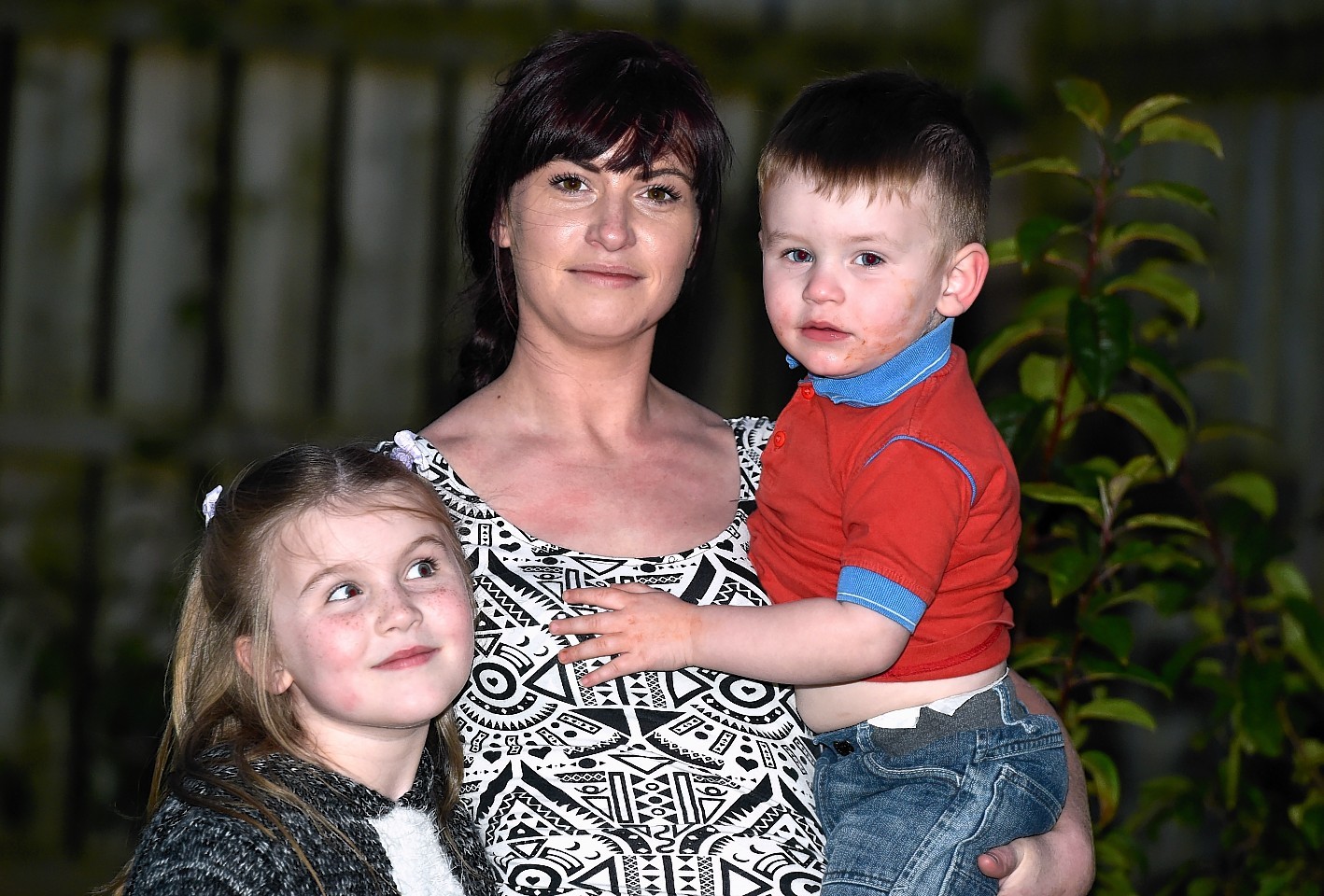A woman who was choked unconscious by her violent partner has relived her terrifying ordeal – and urged other domestic abuse victims not to suffer in silence.
Gillian MacGregor was attacked by Christopher Chesterton at their north-east home after they rowed about her children.
He was originally accused of assaulting the 28-year-old to her severe injury and endangering her life.
But a jury convicted him of a lesser charge and a sheriff spared him a jail sentence.
Instead, he was ordered to carry out 240 hours of unpaid work and spend two years on a programme designed to get domestic abusers to face up to their behaviour.
Speaking at her parents home last night, nursery worker Miss MacGregor said she was still afraid to go outside alone, even 13 months after the attack.
“I can’t go to the shops without my mum and dad,” she said. “I had to have a screen around me in court.
“I never used to be unhappy but I’m a completely different person now, even a year on.
“Now I’m always looking over my shoulder.
“The night it happened we had a row about kids and I tried to send Chris out.
“He grabbed me by the throat. The last thing he said to me before I blacked out was ‘I’m going to kill you’.”
Miss MacGregor’s mother, Anna Morris, said the punishment given to Chesterton was an “injustice”.
But despite the fact her attacker escaped a custodial sentence, Miss MacGregor pleaded with other women in abusive relationships not to suffer in silence.
She said: “Even though I didn’t get the justice I deserved, this shouldn’t put women off from coming forward.
“Chris might not be in prison, but this is on his record if he tries to hurt another woman in the future.”
Chesterton was convicted of assaulting Miss MacGregor to her injury on September 5, 2014 after the couple argued about her children Max, two, and Eva, seven.
The 28-year-old labourer – Max’s biological father went on trial at Peterhead Sheriff Court in August.
After he was cleared of endangering Miss MacGregor’s life, Sheriff Andrew Miller said he was “guided” by the changes made to the original charge by the jury.
“There are significant deletions,” he said. “So I sentence you not for the crime you were charged with but he crime the jury convicted you of.
“I’ve come to the conclusion a community-based sentence is the more appropriate and will bring about longer-term benefits to you and the community around you.”

